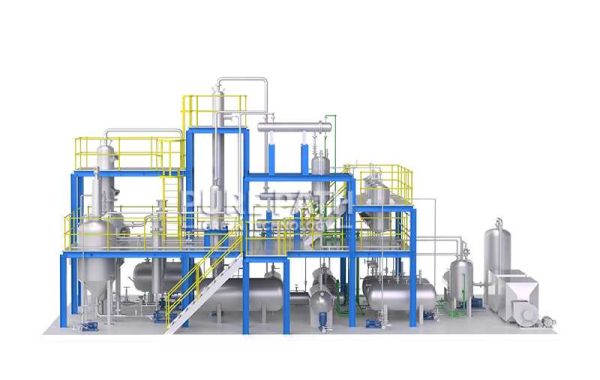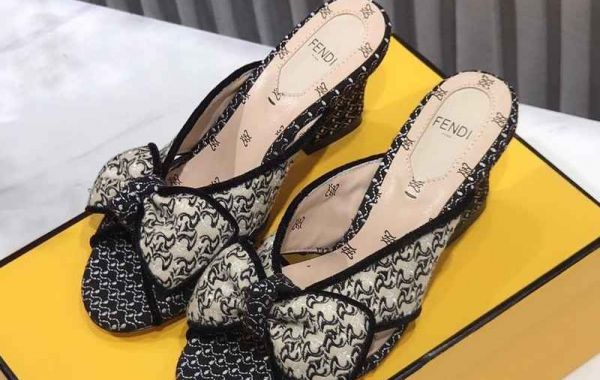The performance of compostable cold cups compared to traditional plastic cups in terms of strength and durability can vary based on the specific materials used in their production. Here are some general considerations:
Strength:
Compostable Cups: Compostable cold cups can have varying levels of strength depending on the specific material composition. Cups made from materials like PLA (polylactic acid) or bagasse (sugarcane fiber) are designed to be sturdy and can provide adequate strength for holding cold beverages. However, they may have different characteristics than traditional plastic cups.
Traditional Plastic Cups: Traditional plastic cups, especially those made from materials like PET (polyethylene terephthalate) or PP (polypropylene), are known for their strength and durability. They are often rigid and can withstand a range of conditions without easily deforming.
Durability:
Compostable Cups: Compostable cups are generally durable for their intended purpose, which is serving cold beverages. However, they may have limitations when exposed to heat or prolonged contact with liquids, and their durability can be influenced by the specific material used.
Traditional Plastic Cups: Traditional plastic cups are known for their durability and resistance to moisture, making them suitable for a wide range of applications. They can withstand exposure to various temperatures and are less prone to softening or breaking down compared to some compostable materials.
Temperature Sensitivity:
Compostable Cups: Some compostable materials, such as PLA, can become softer or lose structural integrity when exposed to high temperatures. While they are suitable for cold beverages, they may not perform as well with hot liquids.
Traditional Plastic Cups: Certain types of traditional plastic cups, like those designed for hot beverages, are engineered to withstand higher temperatures without deforming. They are better suited for applications involving hot drinks.
Flexibility:
Compostable Cups: Compostable materials may have a level of flexibility, which can be advantageous for certain applications. However, excessive flexibility may be a drawback in terms of maintaining cup shape.
Traditional Plastic Cups: Depending on the type of plastic used, traditional cups can range from rigid to flexible. Cups made from materials like PP are often more rigid, while those made from LDPE (low-density polyethylene) may be more flexible.
Thickness and Weight:
Compostable Cups: The thickness and weight of compostable cups can vary based on the material and manufacturing process. Some compostable cups may have similar thickness and weight to traditional plastic cups, while others may be lighter.
Traditional Plastic Cups: Traditional plastic cups are available in various thicknesses and weights. Thicker cups tend to be sturdier but may also be heavier.
Clarity and Appearance:
Compostable Cups: The clarity and appearance of compostable cups can be comparable to traditional plastic cups, providing a visually appealing presentation for beverages.
Traditional Plastic Cups: Traditional plastic cups are known for their clarity, allowing for a clear view of the contents.
When choosing between compostable cold cups and traditional plastic cups, it's important to consider the specific requirements of the intended use. While compostable cups can offer a sustainable and environmentally friendly option, their performance characteristics may differ, and users should be aware of any limitations based on the chosen material. Testing different compostable cup options and understanding their specific material properties can help users make informed decisions based on their needs and priorities.
Tel: +86-579-8321-9217
E-mail: inquiry@welchmat.com
Address: No.168 Shuanglin South Street, Qiubin Subdistrict, Wucheng District, Jinhua, Zhejiang







